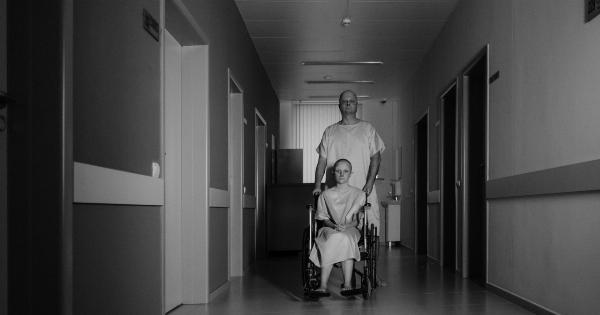Folic acid, also known as vitamin B9, is a crucial vitamin that plays a vital role in DNA synthesis and cell division.
It helps in the formation of new red blood cells and is highly important for pregnant women to ensure proper brain development of the fetus. Folic acid deficiency is not rare and can have serious consequences on health, especially during pregnancy. This article discusses the causes, symptoms and ways to prevent folic acid deficiency.
Causes of Folic Acid Deficiency
The causes of folic acid deficiency can be divided into two categories; dietary and non-dietary causes.
Dietary Causes
Folic acid is not naturally produced by the body, and we need to obtain it through our diet. A lack of folate in our diet can lead to many health problems, including folic acid deficiency.
The following are the most common dietary causes of folic acid deficiency:.
- Insufficient intake of folic acid-rich foods such as leafy vegetables, lentils, beans and fruits
- Poor absorption of folic acid due to intestinal disorders such as celiac disease, Crohn’s disease and ulcerative colitis
- Alcoholism, which impairs folic acid absorption and increases its excretion through urine
- Dietary restrictions and food fads
Non-Dietary Causes
Non-dietary causes of folic acid deficiency include:.
- Medications that interfere with folic acid metabolism such as antiepileptic drugs, sulfasalazine, and methotrexate
- Prolonged use of oral contraceptives, which can impair folic acid absorption
- Pregnancy, which increases the demand for folic acid
- Chronic diseases such as cancer, kidney diseases and liver diseases
- Genetic disorders such as homocystinuria and methylenetetrahydrofolate reductase (MTHFR) deficiency
Symptoms of Folic Acid Deficiency
The symptoms of folic acid deficiency can vary depending on the severity and duration of the deficiency. The following are some common symptoms:.
- Megaloblastic anemia (large, immature red blood cells)
- Weakness, fatigue, and irritability
- Headaches and migraines
- Trouble concentrating and memory problems
- Poor immune system function
- Frequent infections
- Depression and anxiety
- Pale skin and mucous membranes
- Shortness of breath
- Heart palpitations
- Pins and needles in the feet and hands
- Tongue swelling and tenderness
- Poor fetal development and birth defects in pregnant women
Treatment and Prevention of Folic Acid Deficiency
Treatment and prevention of folic acid deficiency involve increasing folic acid intake either through a well-balanced diet or supplementation. The following are ways to minimize the risk of folic acid deficiency:.
- Eating a well-balanced diet rich in folic acid containing foods such as dark green leafy vegetables, citrus fruits, beans, lentils, and whole grains
- Taking a folic acid supplement, especially during pregnancy and while taking medications that interfere with folic acid metabolism
- Avoidance of consuming excessive alcohol
- Effective management of chronic diseases such as Crohn’s disease or celiac disease
- Regular physical activity and exercise
Conclusion
Folic acid deficiency is a common health problem that can have serious consequences on health, especially during pregnancy. The causes of folic acid deficiency include dietary and non-dietary factors such as poor absorption and prescription medications.
The symptoms of folic acid deficiency can be subtle, but treatment and prevention involve an adequate intake of folic acid through a balanced diet and supplements. Adequate intake of folic acid is highly essential for optimal health and the prevention of birth defects during pregnancy.




























